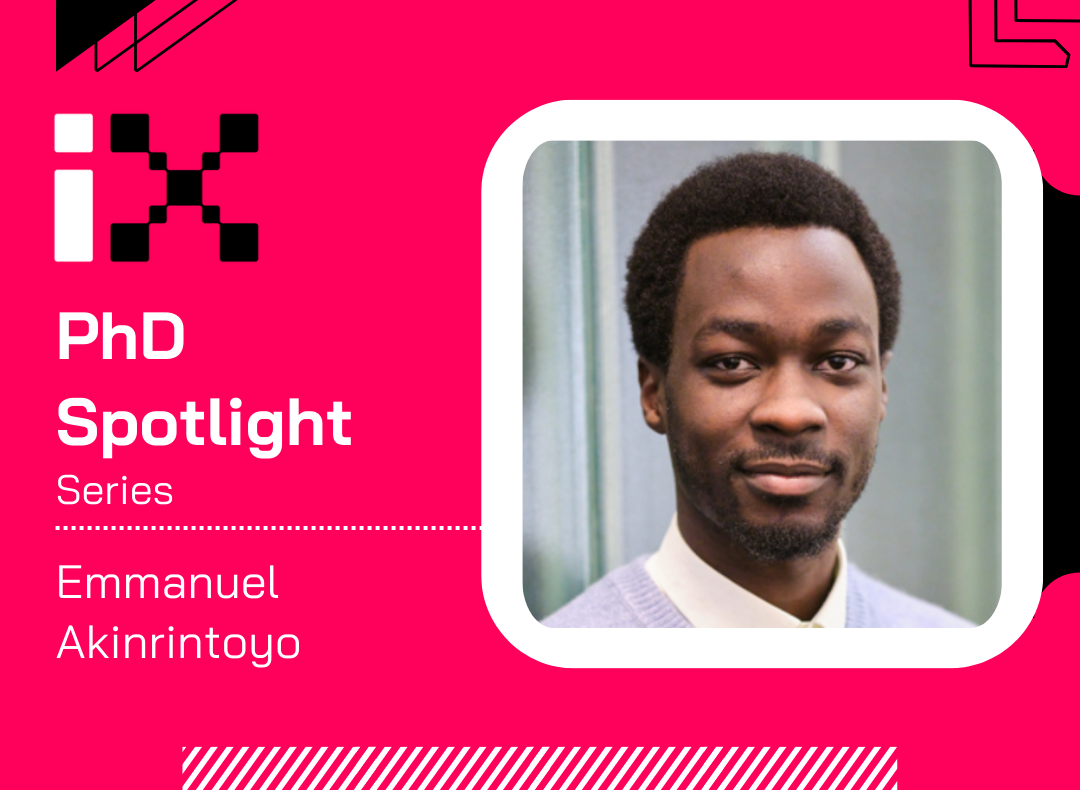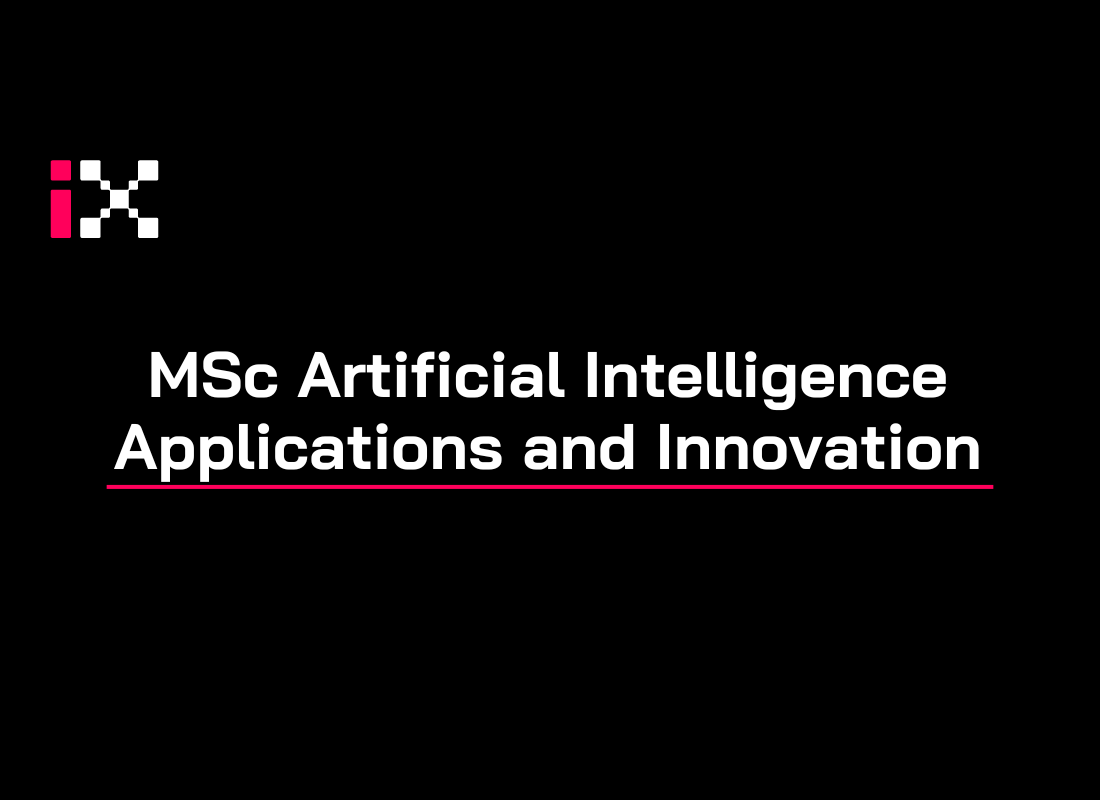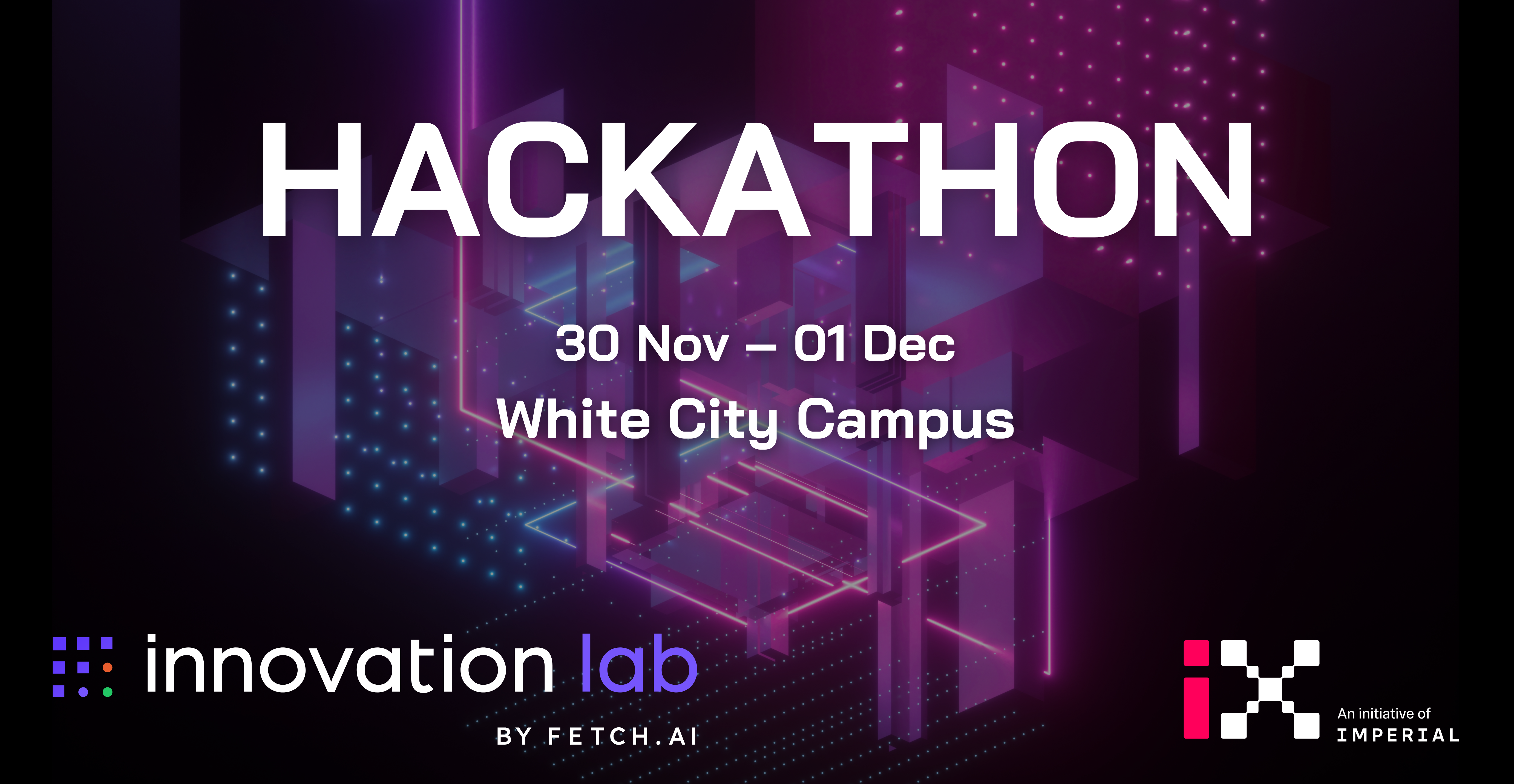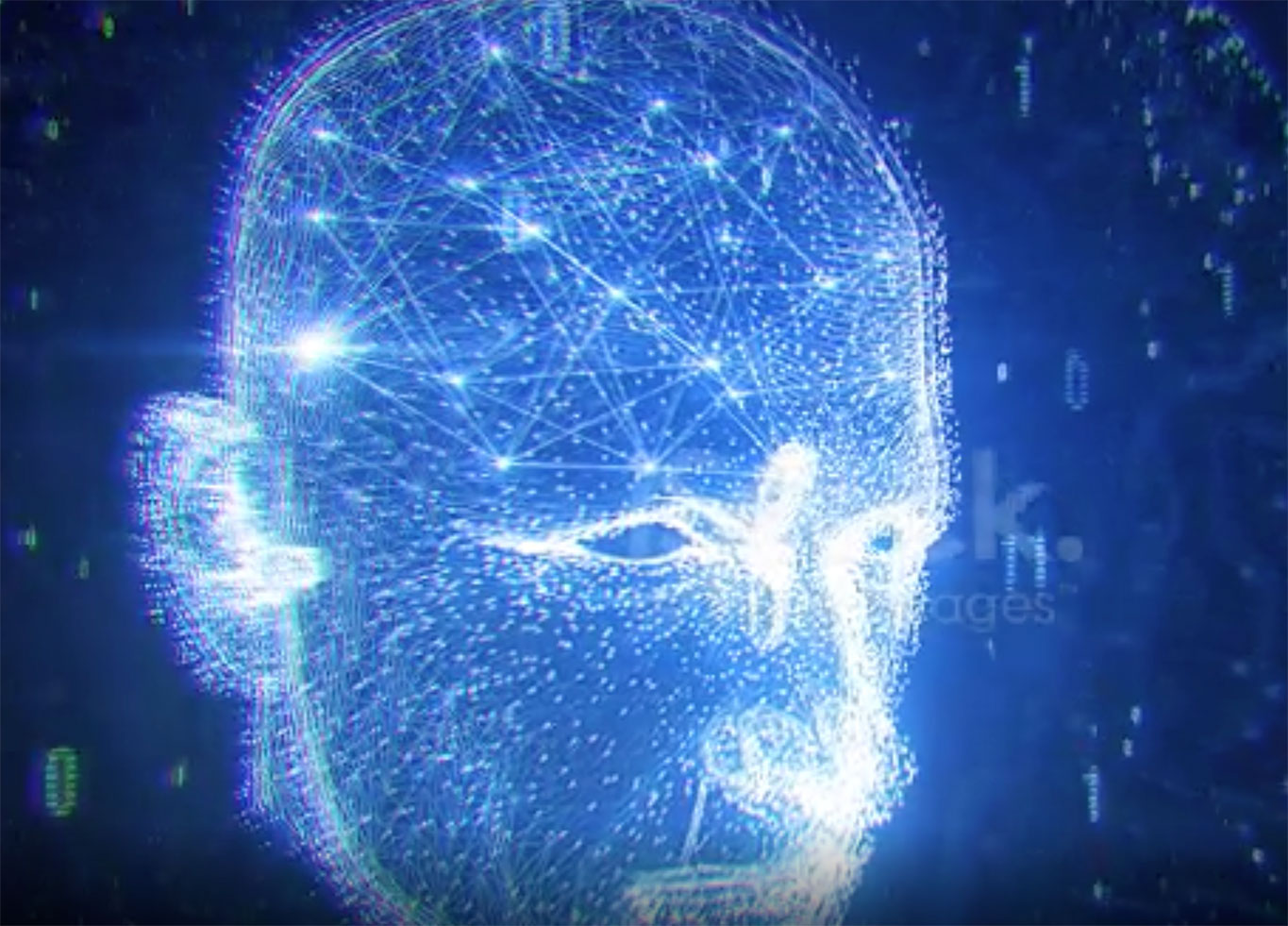
We are excited to introduce a new series on our blog, where we ask our PhD students about As & Is of their research.
In today’s interview, we feature Emmanuel Akinrintoyo, a PhD student at I-X and the Department of Computing. Emmanuel is on a mission to use technology to improve the lives and well-being of humans. His research explores the use of robotics and AI to empower people with limited functional independence such as people with dementia to live independently in their homes.
AI #1: Application & Innovation
Could you tell us a bit about your PhD project and its practical applications?
Dementia presents a significant global health challenge, affecting over 55 million people worldwide without a cure in sight. Non-pharmacological approaches, particularly cognitive stimulation activities, have emerged as remarkably effective in easing the symptoms associated with it. However, such interventions are to be delivered by their caregivers who are already burdened with major caregiving responsibilities. The result of this is a lack of adherence to the required number of weekly sessions needed to boost their cognition.
Technology such as robotics and artificial intelligence offer unprecedented opportunities to support individuals with dementia through a consistent delivery of cognitive stimulation activities. My PhD research is investigating the use of social robots to deliver personalised cognitive stimulation for the long-term in-home use of persons with dementia. This solution aims to assist older adults with dementia by slowing down their cognitive decline, enabling them to lead more independent lives.
How does your project contribute to driving innovation in your field?
My project uses AI algorithms to tailor the cognitive stimulation activities to the unique needs, preferences, and cognitive abilities of persons with dementia. This is vital because the needs of each person differ, especially as the illness progresses. The focus is also on developing a solution specifically designed for long-term, in-home use. This is an existing gap in robotics research since most personal robots are yet to find adoption outside laboratory settings.
AI #2: Area & Impact
What motivated you to work in this area?
My motivation to work in this area of academic research stems from my passion to impact the lives of people who face daily challenges that limit their quality of life. I strongly believe that technology can make a major difference that can enhance their well-being and quality of life. Additionally, their loved ones can lead better lives by having fewer caring responsibilities.
How do you think your research could impact society?
I believe that my research can revolutionise dementia care if successful. Besides empowering people with dementia, the potential economic benefits are immense. The dementia population accounts for most residents in care homes with significant global costs yearly. The additional benefits will include improved wellbeing of caregivers.
AI #3: Aspirations & I-X
What are your aspirations as a researcher?
My goal is to create technological solutions that empower people of various age groups with limited functional independence to live more autonomously. By leveraging advancements in robotics, artificial intelligence, and user-centered design, I aim to build systems that provide practical support for daily activities, promote social engagement, and empowers these individuals to maintain a greater degree of self-sufficiency daily.
Through my work, I intend to bridge the gap between technological possibilities and the unique needs of people with limited functional abilities. This will ensure they have the necessary support to lead fulfilling, independent lives.
What excites you most about being part of the I-X?
The uniqueness of I-X lies in its multidisciplinary nature. Every day, I work in a dynamic environment with researchers from diverse backgrounds, all united by our shared passion for using artificial intelligence to solve global challenges.
If you are interested in learning more about Emmanuel’s research, make sure that you watch the DoC Clock video created by the Department of Computing.



